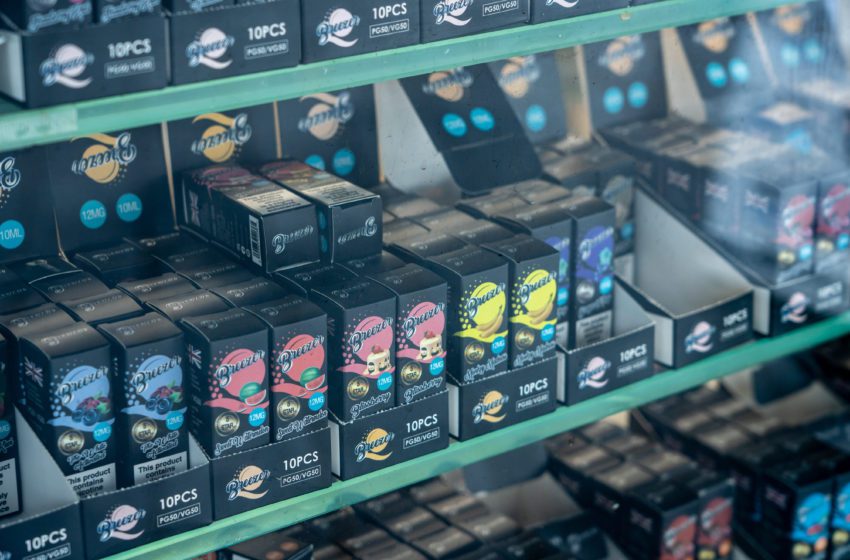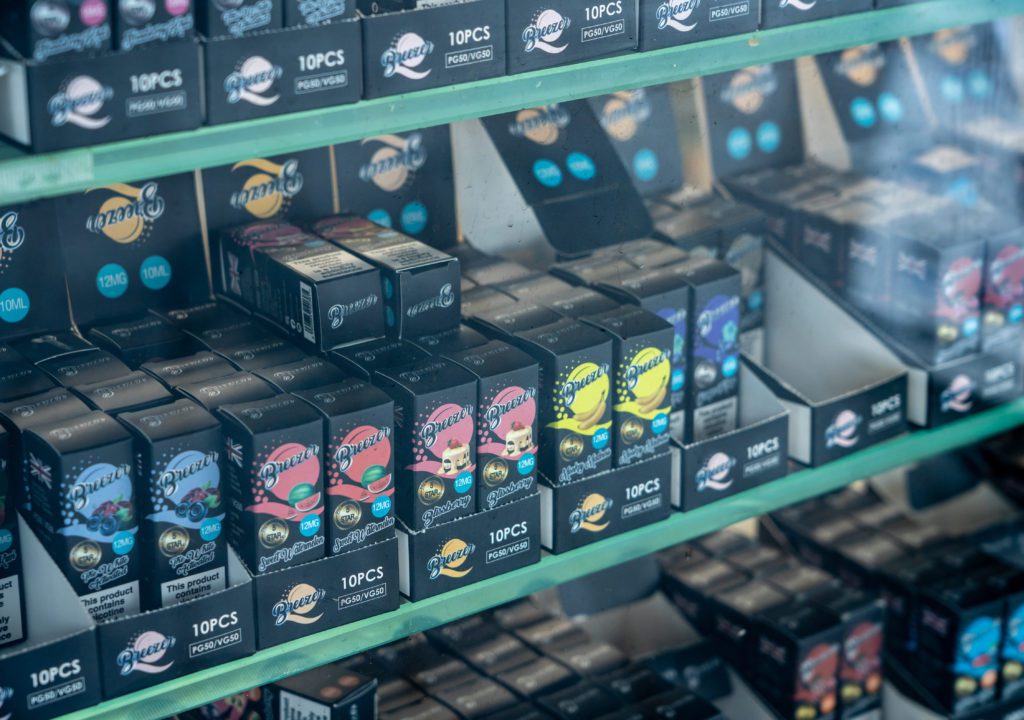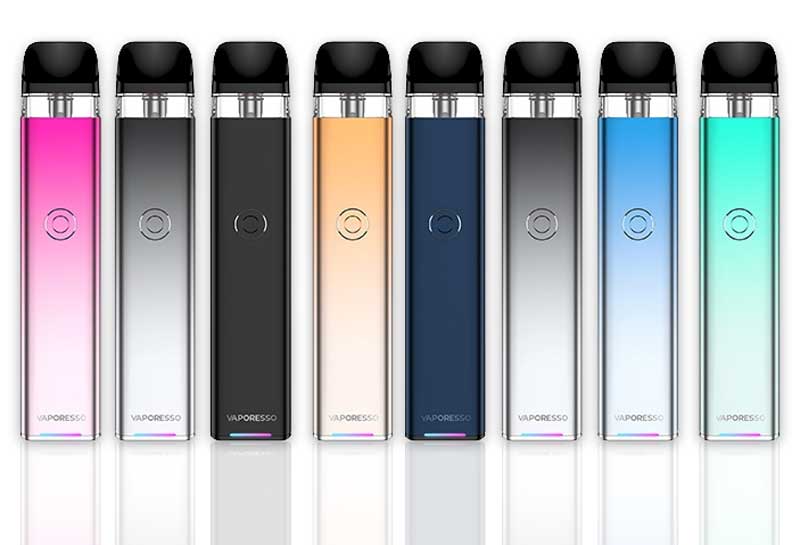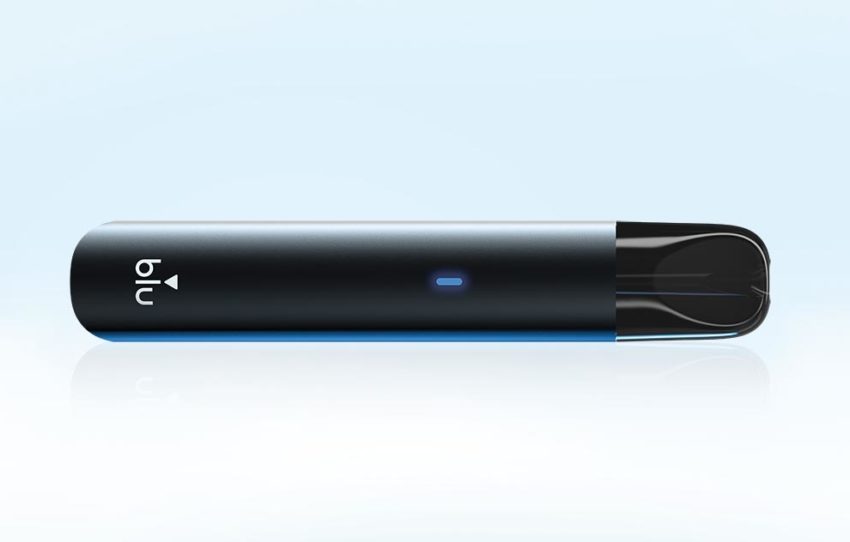
JTI announced that it has launched the Ploom X, a heated tobacco device, in the UK. The new device features upgraded technology to enhance the consumer experience and adds to JTI UK’s ever-evolving range of reduced-risk and alternative products. The technology is already available in Japan.
“The launch of Ploom X marks a milestone in JTI’s story and also sets a new paradigm in the heated tobacco category,” Mark McGuinness, JTI’s director of Marketing, said. “Ploom X is a truly innovative product that will exceed consumer expectations, making their tobacco moments even more pleasurable and truly unique.”
Ploom X is the latest heat-not-burn device on the market and represents the “cutting edge” of the next generation of heated tobacco products, according to a press release. The technological upgrades for the Ploom X device include:
- A redesigned HeatFlow system and a higher heating temperature to ensure a more consistent nicotine delivery and a more enhanced flavor delivery from the first puff.
- One simple heating mode which makes the device easy for consumers to use.
- Adjustments to the airflow system enabling a more consistent vapor delivery and increased vapor volume.
- Longer session times of up to 5 minutes and the ability to use more EVO tobacco sticks per charge, with up to 22 sessions with just one charge.
- A smaller and more compact device. Ploom X users have the opportunity to express themselves by customizing the sleek aesthetic of the device with a colorful range of magnetic front panels that can be switched and swapped, in order to meet individual preferences and tastes.
Ploom X also has, on average, a 90-95 percent reduction in the levels of 9 constituents recommended by the World Health Organization (WHO) for reduction in cigarette smoke. This does not mean that use of Ploom X is safe or eliminates health or addiction risks associated with tobacco use. No tobacco product is safe.
Ploom devices are designed to be used exclusively with EVO tobacco sticks which contain ActivBlend, a tobacco blend made from microground and fine cut tobacco that delivers a truly authentic taste experience. With 20 sticks in a pack and a recommended retail price of £4.50, EVO costs less than half the price of a pack of cigarettes.
EVO tobacco sticks are available in a range of flavors: classic tobacco, unique menthol flavors, fruit and menthol infusions and capsule variants for users who want to have the option to release an additional burst of flavor during a session.


















